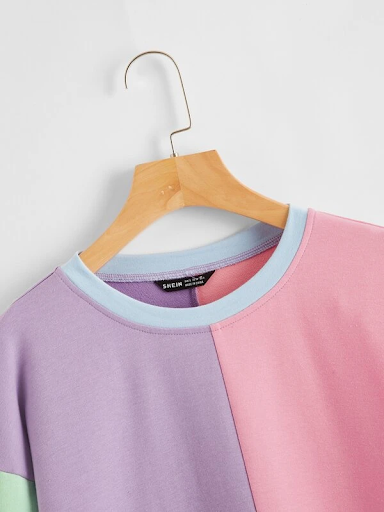Shein, an online-based fashion giant, filed a lawsuit against its rival Temu on Aug. 18 in a Washington, D.C. federal court. The lawsuit accuses Temu of trademark and copyright infringement, and is the latest of the series of lawsuits between Shein and Temu that began last year. Shein itself has faced lawsuits in the past year from other fashion companies accusing it of copyright infringement, many which are still ongoing.
When asked by TIME for comment, a Temu spokesperson stated that Shein’s “audacity is unbelievable.”
“Shein, buried under its own mountain of IP lawsuits, has the nerve to fabricate accusations against others for the very misconduct they’re repeatedly sued for,” the spokesperson said.
Both Shein and Temu are originally from China. Shein was founded in China and is currently based in Singapore. Shein entered the US market in 2017, and Temu entered 5 years later, in 2022. Temu has grown considerably in the past years, notably spending millions on advertisements for the 2024 Super Bowl.
Though among the fastest growing companies in the US and known for their low prices, both companies have faced accusations of using unethical labor practices to produce their products, and have received criticism for their ties to the Chinese government.
In the latest lawsuit against Temu, Shein accused Temu of stealing “valuable trade secrets” and controlling sellers. The lawsuit additionally alleges that Temu used imposter social media accounts to “misdirect customers away from the Shein platform.”
Temu currently has an ongoing lawsuit from December alleging that Shein used aggressive tactics to interfere with its business.
Leah Maupin, a senior at Oakmont, shared how she was attracted to Shein’s low prices after first hearing about the company on TikTok.
“At first I thought it was a scam until my clothes came in,” Maupin said. “With Shein, you can get a lot of trendy clothes for a good price, which is hard.”
When asked about the legal and ethical issues surrounding Shein, Maupin stated that they didn’t particularly concern her.
“I feel like every company has a bit of a bad side, like Amazon,” Maupin said. “Hopefully they get some laws in [place] to control all of that.”
Fareeha Moradi, a senior at Oakmont, hopes that companies such as Shein can keep their prices low.
“If they could keep it the same way, except for the child labor and stuff like that, that’d be amazing,” Moradi said.
As the fast fashion industry has grown greatly in recent years, many ethical questions still remain.









